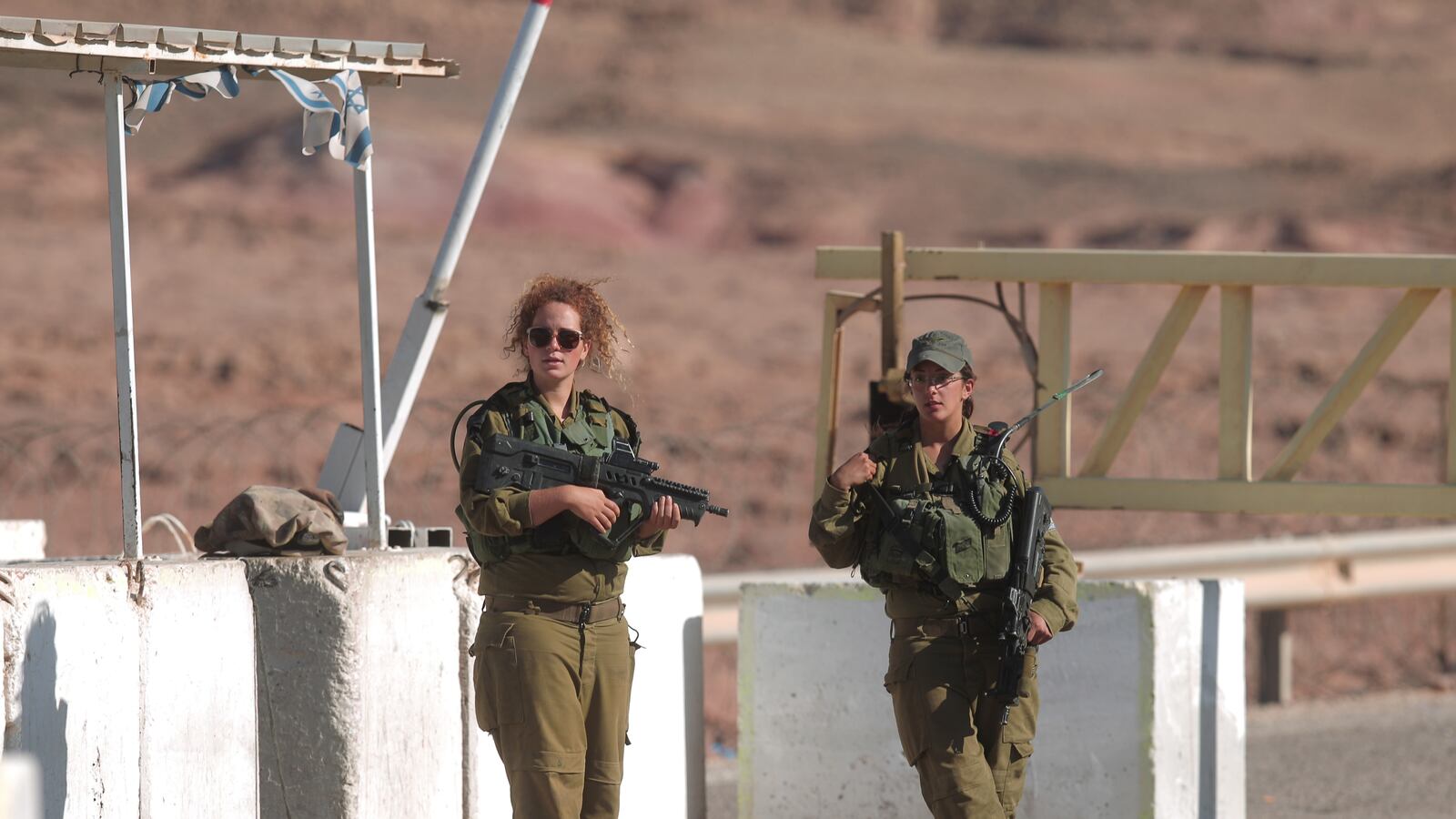Visiting Ramallah with Partners for Progressive Israel (formerly Meretz USA), I was one of 17 Americans—all but one of us Jews—meeting with several notable Palestinians, including Prime Minister Salaam Fayyad. We also spoke with Palestinian-American businessman Sam Bahour.
A giant of a man, Bahour is a telecommunications entrepreneur who has built the largest Palestinian private company. He moved to the West Bank in the 1990s, after marrying a Palestinian woman. Bahour earned an MBA at Tel Aviv University (in a joint program with Northwestern in the U.S.), where his drive, ability and good will favorably impressed Open Zion contributor Bernard Avishai, who became one of a few prominent Western journalists who have discussed his efforts.

Bahour told us of the hardships of attempting to do business in the West Bank while being a holder of a Palestinian identity card, which—despite his U.S. passport—relegated him to extreme and arbitrary limits on his freedom of movement. He needs permits simply to travel to meet with clients and associates in East Jerusalem. This leaves aside the rigged "colonialist" nature of business relations with Israel, even under Oslo, as he bitterly describes it (in his case, having to do with Israel’s stringent control over radiowave frequency rights for his mobile phone operations). But what really surprised us was his revelation that the Palestinians have private funds amounting to seven billion dollars in a bank waiting for a reasonable investment climate.
He indicated to me by email that these private monies are deposited in private banks regulated by the Palestine Monetary Authority. Prompted to explain this apparent anomaly of a large fund of private capital amidst an economy entirely dependent upon international aid, Bahour emphasized that “the issue is not money, that is if you are in the private sector. The issue is squarely military occupation."
Bahour went on: “Our banking system covers [the] West Bank and Gaza. We are not allowed to provide banking services in Jerusalem, but Jerusalemites are allowed to open account in the PA. So, the funds are from inside Palestine and abroad.” But, he added, “If you are the Palestinian Authority government and have zero real strategic economic assets to be self-sustainable, then you need to beg, and money for salaries is all you know.”
Still somewhat incredulous at this contradiction, I asked why some of this private money is not invested in bonds for Palestine Authority development projects, or in development projects launched under other auspices. He responded plaintively: “Would you invest in bonds from a collapsing government that has zero economic assets and no currency or borders?"
“In addition to the PA banking system, our sovereign wealth fund is a nearly $1 billion fund," he said. "It's not so much that the PA is a basket case, but rather the international community which is willing to keep dumping money into a bottomless bucket rather than hold Israel accountable, is the real basket case."
Bahour pointed to other examples where the occupation—not empty coffers—held back Palestinian economic development. “I take it you are aware of our natural gas reserves in the sea of Gaza, which we are prohibited by Israel from tapping, is estimated worth $2 to 4 billion?" Bahour asked. "With this alone, we would need no donor support. Again, the issue is not money.”
When I concluded our discussion by expressing the hope that conditions improve but only God knows how this will happen, Bahour pivoted from his gloomy assessment to respond cheerfully: “As long as we are both working on it, we are one step closer.”





